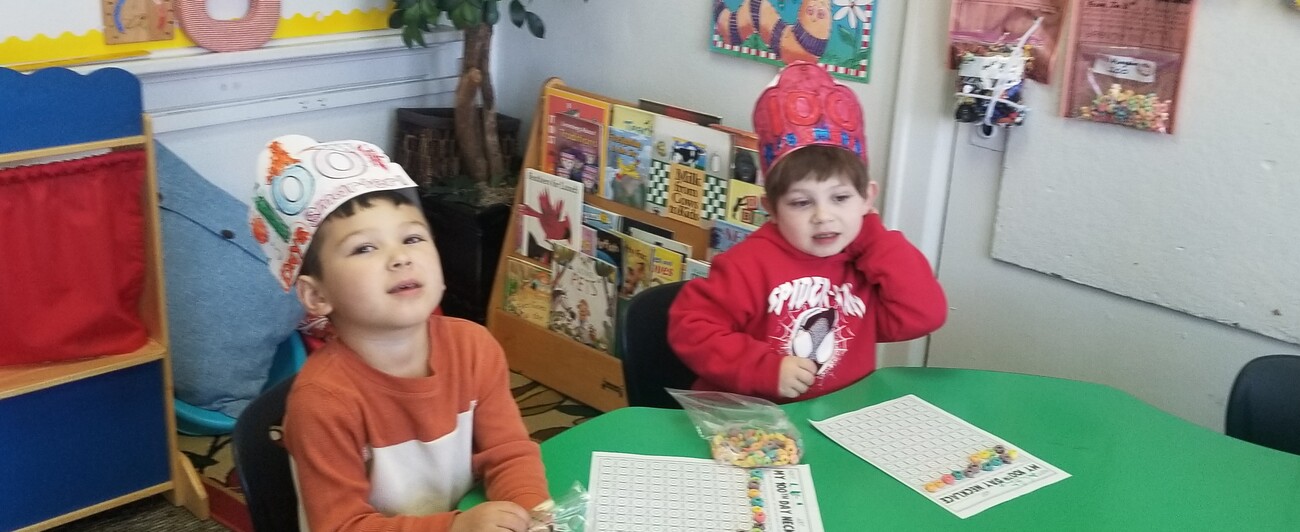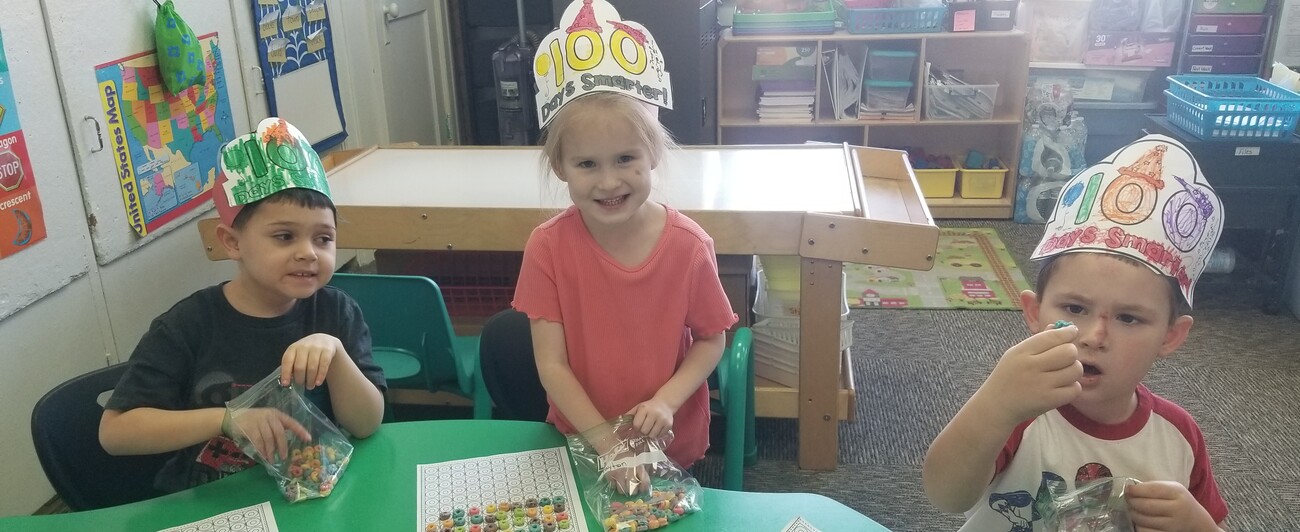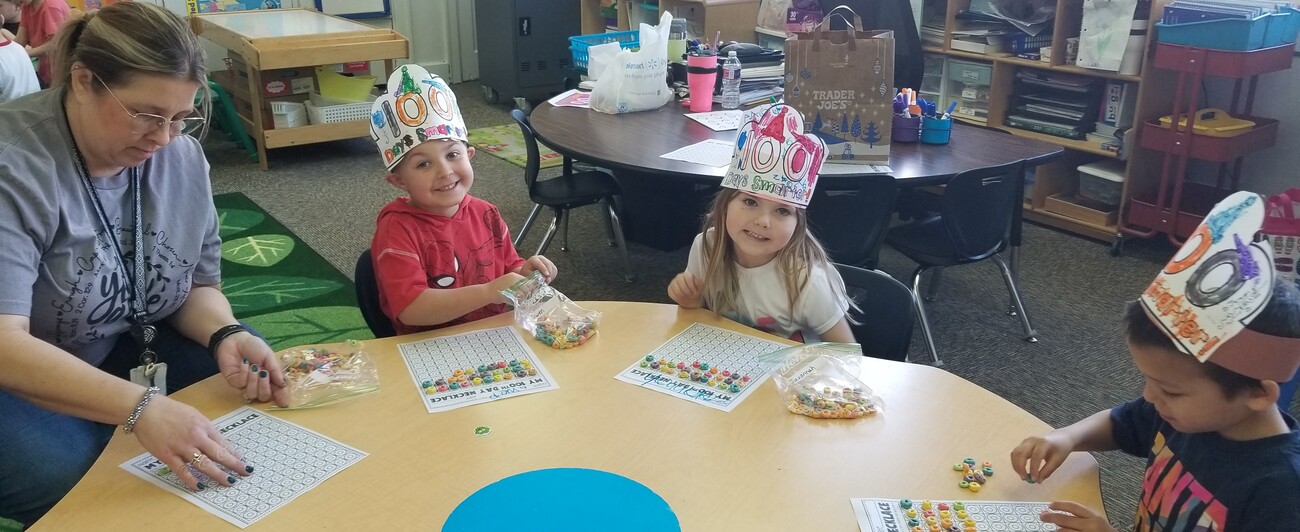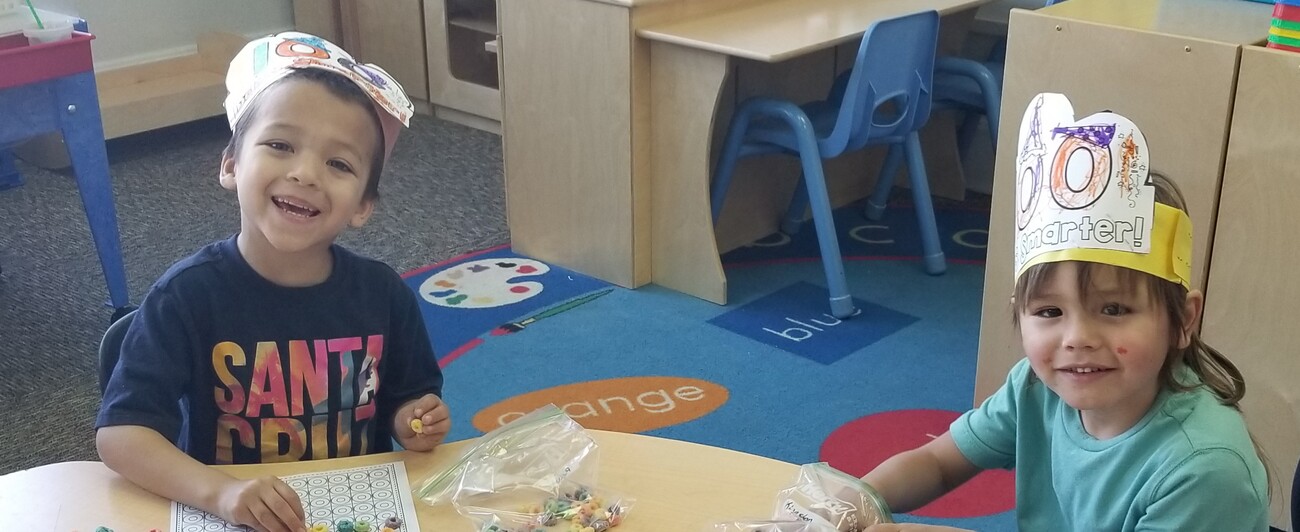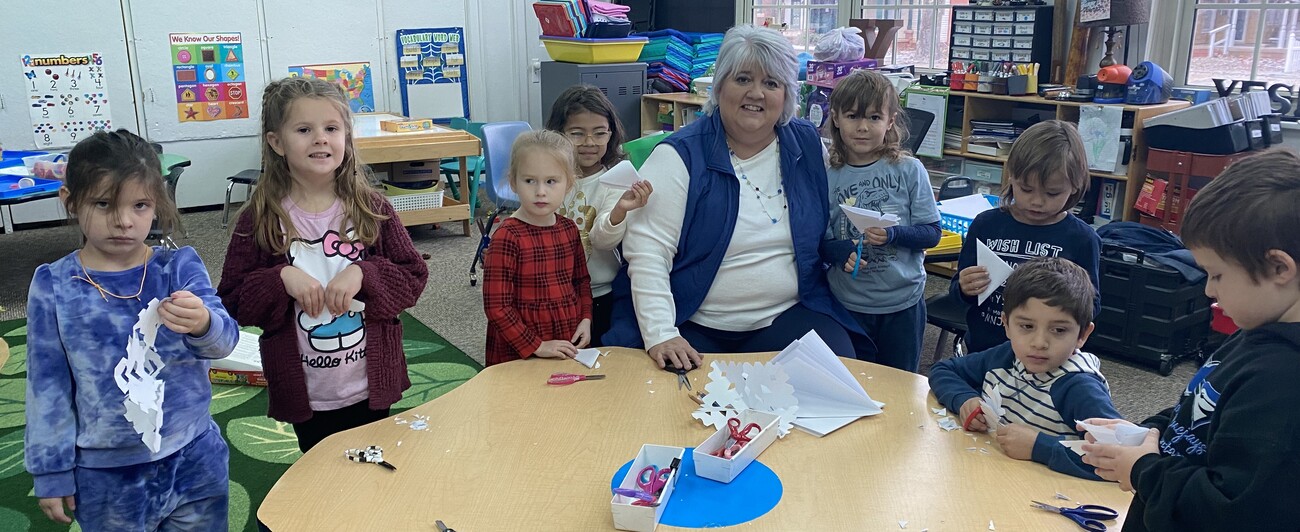October News Article
 October Literacy News
October Literacy News 
Listening actively to stories being read aloud is a key to understanding what's happening in the story.
Try these tips to build listening skills:
1) Ask your child to read and retell small parts of the story to you. Or, ask questions while you read. ("Why do you think he did that?" "Does that make you think of something you've done?")
2) After you've read a story together two or three times, skip a word or two. Ask your child to fill in the missing word or words. Hint: This works especially well with rhyming stories.
Children 's oral language is developed by ongoing conversations with adults. These conversations can also help increase your child's interest in reading. You can help build this interest by reading aloud with your child for 15 to 20 minutes each day.
Here are some hints to help you make this time more beneficial:
1) Remove distractions. Make your reading spot as quiet as possible so your child can focus on the story. (Turn off the TV and ignore the phone to avoid being interrupted.)
2) Get confortable. Offer your child soft mats or pillows to sit on. Give her a blanket to snuggle up in on cold days, or sit outside where there is a cool breeze when it's warm. Have a snack or drink available before you start.
3) Encourage your child to participate . If there is repetition in the story, have your child repeat the key phrases with you. Take turns saying the lines in a different voice (try being more dramatic or using a silly voice. ) Stop occasionally and ask if he can predict what will happen next in the story.
4) Keep it appropriate. If your child has trouble following the language or plot of the story; it may be too difficult for him. Look for books that are closer to his reading level. (Ask his teacher for suggestions).
There are so many books--how do you choose which ones to read with your child?
1) Pick books that you and your child will enjoy reading. It's hard to show enthusiasm if you don't like the story!
2) Match the length of the story with your child's attention span. Consider two shorter stories instead of one long one.
3) Don't worry if the book is an old one. A story is new if your child hasn't heard it.
4) If your child doesn't like the book you picked, stop reading it. Don't spoil the fun of reading together.



